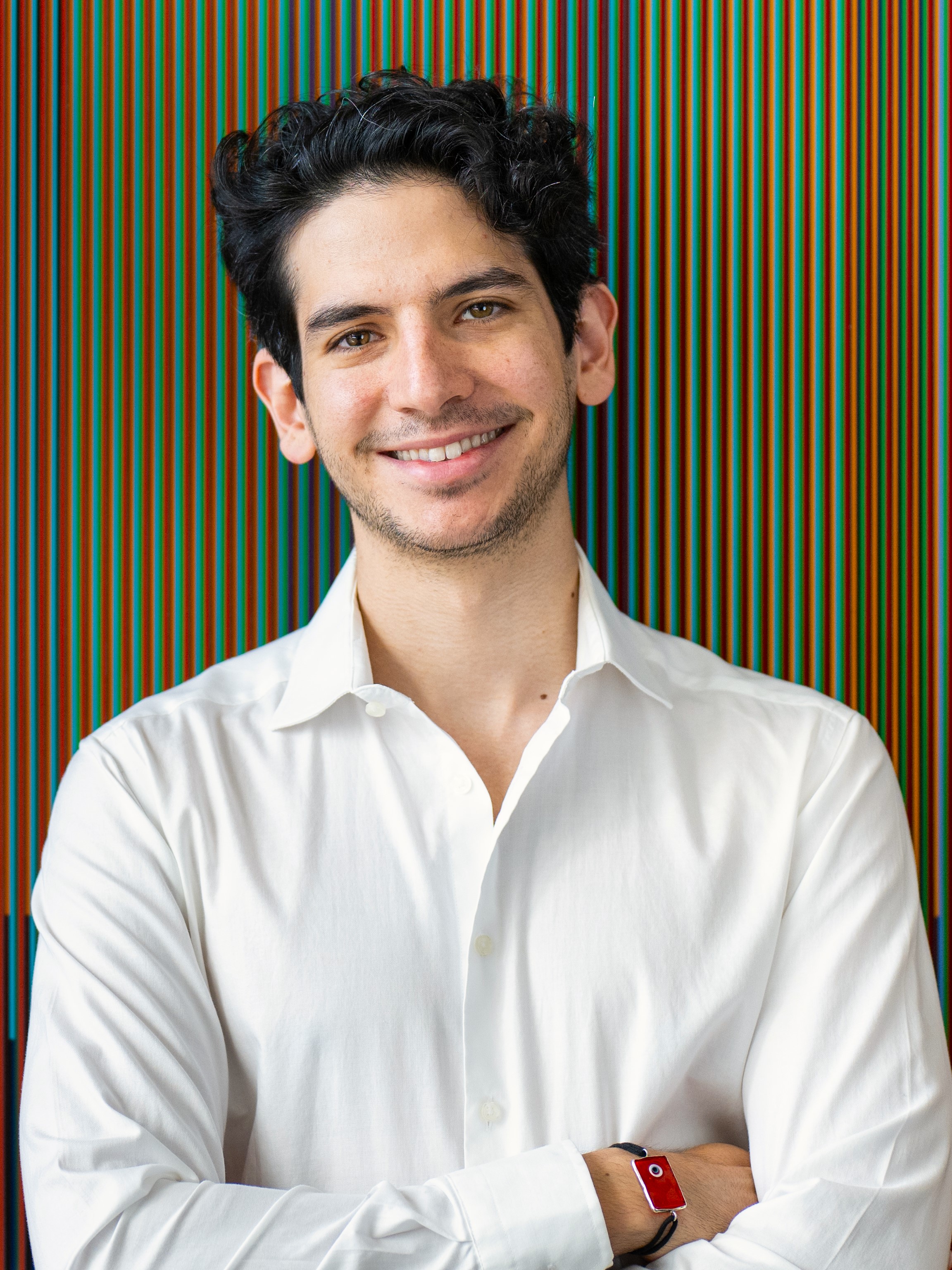Kerem Oktar

Postdoctoral Researcher,
Meta FAIR
[Fundamental AI Research]
📃 My CV
🏠 Home, 📧 Email🎓 Scholar, 🐦 Twitter,
🟦 Bluesky
Social Learning in Minds and Machines
A secret to our success as a species is our ability to learn from one another. A corresponding failure of modern artificial intelligence is its difficulty doing the same.
My research studies the mechanisms that underlie such social learning, such as detecting persuasion or evaluating others’ opinions. I do this by building computational models and testing them with behavioral experiments in humans and AI. This research has two central aims.
First, my research explains why people are so good at learning from one another in some cases (e.g., through scientific inquiry and institutions), yet so quick to ignore one another in matters of deep societal import (e.g., when encountering political disagreement; Psychological Review, 2025).
Second, I use these psychological insights to engineer better AI systems. Even cutting-edge AI systems struggle with basic forms of social intelligence, such as detecting manipulative sources of information, and we can use the principles of social learning in humans to improve these capacities in AI (NeurIPS, 2025).
Who am I?
I was born and raised in Istanbul (🧿); studied economics and cognitive science at Pomona College, CA (☀️); completed my PhD in Psychology at Princeton, NJ (❄️); and am currently researching social cognition in Large Language Models at Meta in Seattle, WA (☔).
Contact.
Feel free to contact me at oktar[dot]research[at]gmail.com with regards to research / collaboration / mentorship /… - I love talking about science. If you would like to send me anonymous feedback, click here.
Resources.
I want science to be more inclusive and rigorous. Here are some resources that can help with that:
- Click here for advice on succeeding in academia (currently focusing on graduate school applications).
- Click here for some accessible/fun stats tutorials.
- Click here for intuitive explanations of some interesting problems.